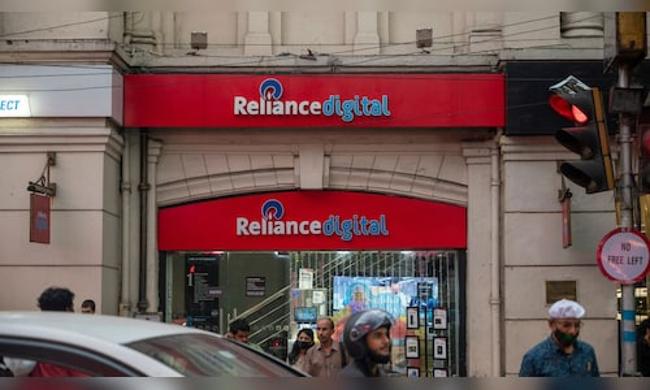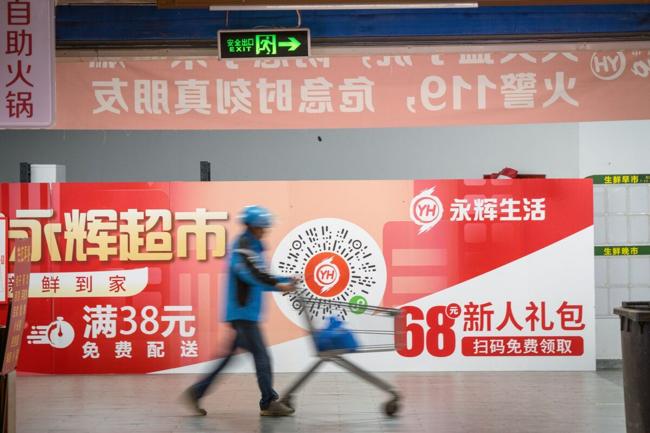Summary
The retail arm of Nifty-heavyweight Reliance Industries reported an increase in revenue to 88,637 crore, up from 76,683 crore in the same quarter last year.
Source: CNBCTV18

AI News Q&A (Free Content)
Q1: What are the key factors that contributed to the revenue growth of Reliance Retail in 2023?
A1: Reliance Retail's revenue growth in 2023 can be attributed to its expansive retail network, strategic acquisitions such as a significant stake in Justdial, and a diversified product portfolio that includes foods, groceries, and electronics. Additionally, the company has been focusing on enhancing customer experience and expanding its digital presence, which have been significant factors in driving revenue.
Q2: How has Reliance Retail's acquisition strategy impacted its market position?
A2: Reliance Retail's acquisition strategy, including its stake in Justdial, has strengthened its market position by enhancing its service offerings and expanding its reach into digital and local search markets. This strategic move has allowed Reliance to leverage Justdial's extensive database and technological capabilities, thereby increasing its competitive edge in the retail sector.
Q3: What does recent research suggest about the relationship between retail failure and inflation?
A3: Recent research indicates that there is a statistically significant relationship between certain revenue-based financial ratios and annual average inflation rates as predictors of retail failure. The study highlights that these factors can act as early warning signals for potential failures in the retail sector, thus emphasizing the need for retailers to closely monitor economic indicators.
Q4: What are the implications of the 'retail apocalypse' for brick-and-mortar stores?
A4: The concept of a 'retail apocalypse' suggests a challenging future for brick-and-mortar stores, as evidenced by the failures of prominent retail chains like Bed Bath and Beyond. The implications include the necessity for these stores to innovate and adapt by integrating digital solutions, enhancing customer experience, and optimizing supply chains to stay competitive amidst rising e-commerce competition.
Q5: How does retail inflation impact consumer decision-making in supermarkets?
A5: Retail inflation significantly affects consumer decision-making by altering purchasing power and shifting demand. As prices rise, consumers may opt for cheaper alternatives, prioritize essential goods, or reduce discretionary spending. Supermarkets must adapt by offering competitive pricing, promotions, and value-added services to retain customer loyalty.
Q6: How does the introduction of strategic rules in retail competition impact supply chain dynamics?
A6: The introduction of strategic rules in retail competition, such as disincentivizing order inflation under capacity constraints, impacts supply chain dynamics by promoting fairness and efficiency. These rules help in mitigating risks associated with over-ordering and ensure equitable resource allocation, fostering a more balanced competitive environment.
Q7: What are the latest trends in retail inflation as observed in 2023?
A7: The latest trends in retail inflation in 2023 indicate a fluctuating pattern influenced by global economic conditions, supply chain disruptions, and geopolitical tensions. Retailers are experiencing increased costs, which are being passed on to consumers, leading to higher prices for goods and services. Monitoring these trends is crucial for retailers to strategize pricing and inventory management effectively.
References:
- Reliance Retail - Wikipedia
- Prediction of retail chain failure: examples of recent U.S. retail failures
- A Certain Notion of Strategy Freedom under Retail Competition in Claims Problems





